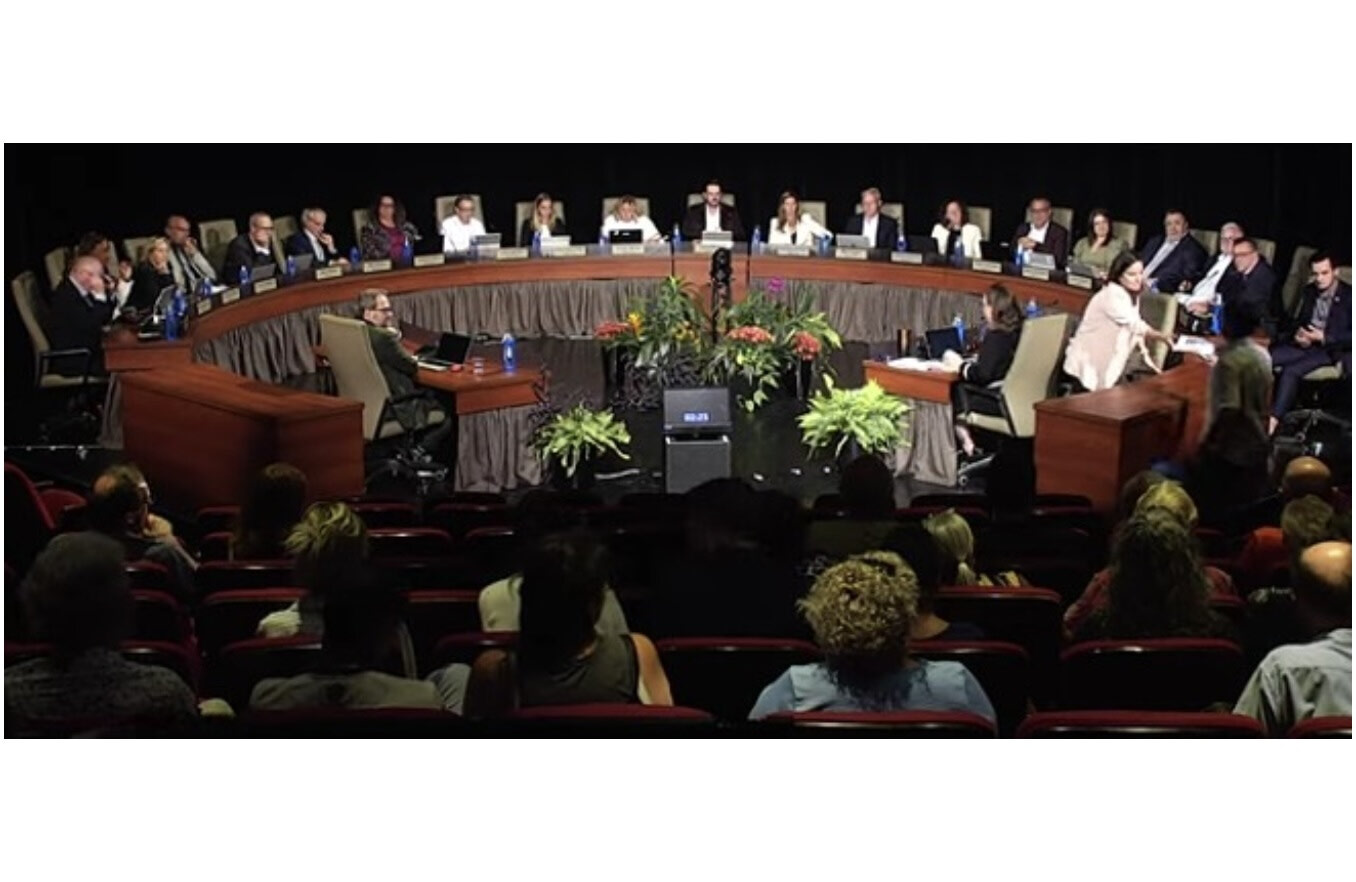Gatineau appoints new Director of Arts, Culture and Literature Department
Tashi Farmilo
During the Gatineau Municipal Council meeting on August 27, 2024, the proposed cycling infrastructure project in the Hull sector, particularly impacting the Wrightville neighbourhood, sparked a heated debate. The project, which aims to expand bike lanes in the area, has polarised the community, with strong opinions both supporting and opposing the plan.
Andrew Gibson, representing over 700 residents and business owners from Wrightville, presented a petition titled "Yes to Wrightville Bike Paths," which was started on August 11, 2024, and has since gathered over 700 signatures. In his petition, Gibson affirmed the importance of the planned cycle lanes for creating safer, more inclusive, and more sustainable streets. He acknowledged the concerns raised by opponents, such as the impact on traffic, congestion, and reduced parking, but argued that these changes are necessary for the evolution of the neighbourhood’s infrastructure. "Cycling facilities are essential active transportation alternatives for many people and help to strengthen inclusiveness and conviviality in our communities," Gibson wrote in his petition. He also pointed out that Wrightville is one of the few areas in Gatineau that could be described as a "15-minute neighbourhood," where residents can easily access work, shopping, and leisure activities by foot or bike.
On the other side, Alain Charlebois initiated a competing petition titled "Que la municipalité revoit son plan cyclisme pour Hull," which also has significant support. Charlebois and his supporters argue that the proposed changes, including reducing traffic lanes and introducing one-way streets, would exacerbate congestion, reduce parking, and negatively impact the neighbourhood. He also criticised the city’s public consultation process, suggesting that many residents were not fully informed about the project.
Several council members expressed their support for the proposed cycling infrastructure, highlighting its importance for the city's long-term sustainability goals. Steve Moran, the councillor for the Hull–Wright district, strongly supported the initiative, framing it as essential for reducing the city’s carbon footprint and encouraging sustainable transportation. "This is about more than just adding bike lanes; it’s about transforming our city into a more livable, sustainable place for everyone," Moran asserted.
Daniel Champagne also spoke in favour of the plan, underscoring the broader vision for Gatineau’s future. "The development of our cycling network is not just a transportation issue; it's a key part of our strategy to reduce our carbon footprint and enhance the quality of life in Gatineau," Champagne said.
Other councillors who voiced their support for the project included Marc Bureau, who underscored the need for progressive infrastructure that encourages active transportation, and Catherine Craig-St-Louis, who highlighted the community-wide benefits of the plan. "This isn't just about cyclists; it's about creating safer, more connected communities," Craig-St-Louis commented.
As both petitions continue to gain support, the debate over the Hull sector’s cycling infrastructure, particularly in Wrightville, underscores the broader challenges Gatineau faces as it strives to balance development, sustainability, and the needs of its growing population. The council’s decision on this issue will likely have significant implications for the city’s future urban planning and environmental strategies.
Photo caption: Andrew Gibson presented a petition supporting Gatineau's proposed cycling infrastructure, sparking a heated debate among residents and council members over its impact on the community.
Photo credit: Screenshot of Gatineau City Council meeting August 27, 2024

